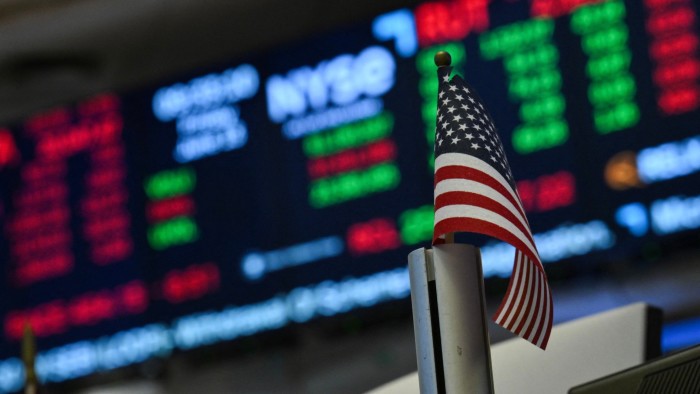
The Tel Aviv Stock Exchange opened this morning under the immediate impact of the news that the US had bombed the main nuclear installations in Iran. Investors in Israel managed to surprise many experts last week, when amid constant Israeli strikes at targets in Iran and retaliatory Iranian missile attacks on Israel, the stock market rose strongly, closing ahead in all five sessions.
Altogether, the Tel Aviv 35 Index rose by 5% last week, and the Tel Aviv 90 Index by 7.6%. So far this morning, the Tel Aviv 35 is up by a further 1.09%. This was not the market response that was envisaged when Israel began its strikes on Iran the other week. The shekel-dollar exchange rate has returned to the levels it was at before the strikes, reaching around NIS 3.48/$ on Friday, after initially climbing to around NIS 3.6/$.
“From every point of view, if I had to describe the US move in two words, I would say ‘game changer’, for the region, for the fate of the Iranian nuclear program, and for the regional economy,” says Mizrahi Tefahot Bank chief markets economist Ronen Menachem, taking to “Globes.” The change, he says, “is in the character of the war, making it broader, with the possibility that other countries will become involved.”
Menachem stresses that Israel and the world are entering a short, tense period in which Iran’s reaction will become clear. “I distinguish between the initial enthusiasm over the strike at Iran’s nuclear capability, the effectiveness of which has yet to be demonstrated, and the waiting period we are in now, in which we shall see how Iran and its proxies choose to respond. They could attack US bases in the region, or take other action. There is therefore a mixture of euphoria over the very fact of the attack, and there’s no doubt that in this respect there’s an improvement in the security environment, and on the other hand nervousness over the possible reaction from Iran, so that there are layers of uncertainty.”
Did the rises on the stock market already price in the US attack?
“Just over a week ago, before Israel attacked Iran, there was uncertainty over the question whether it would attack or not. That uncertainty was removed. Last week, the question was whether the US would join in, and what it might do. Last night, the US did join in, and another layer of uncertainty was removed. Now comes the third layer: Will the war expand into a regional or even global war, with the effect that would have chiefly on the price of oil. At some stage we will see a halt to military operations and a switch to some kind of negotiations. The markets will have to wait to see where that goes. The US says that if Iran responds, it will act more broadly.
“The stock market in Tel Aviv rose powerfully last week, something that was not foreseen at the beginning of the week. The question is whether the rises were an expression of investors’ assessments that Israel’s actions would lead to further moves, and would improve the regional investment profile for the medium and long terms. How much of that thinking was priced into trading last week, and how much of the momentum will continue this week?
“The positive developments should have an impact on the local market, but the degree of the impact will depend on the extent to which last week’s rises priced in expectations that have materialized. That’s something that we shall have to wait and see. The uncertainty will continue; we’re in a waiting period to see the response of the other side. But in the medium and long terms, for strategic investors, this is a positive development and an investment opportunity.”
Menachem also mentions the re-imposition of severe restrictions on the home front in Israel, which could have a slowing effect on the economy, and the question of how long the restrictions will remain.
Published by Globes, Israel business news – en.globes.co.il – on June 22, 2025.
© Copyright of Globes Publisher Itonut (1983) Ltd., 2025.







